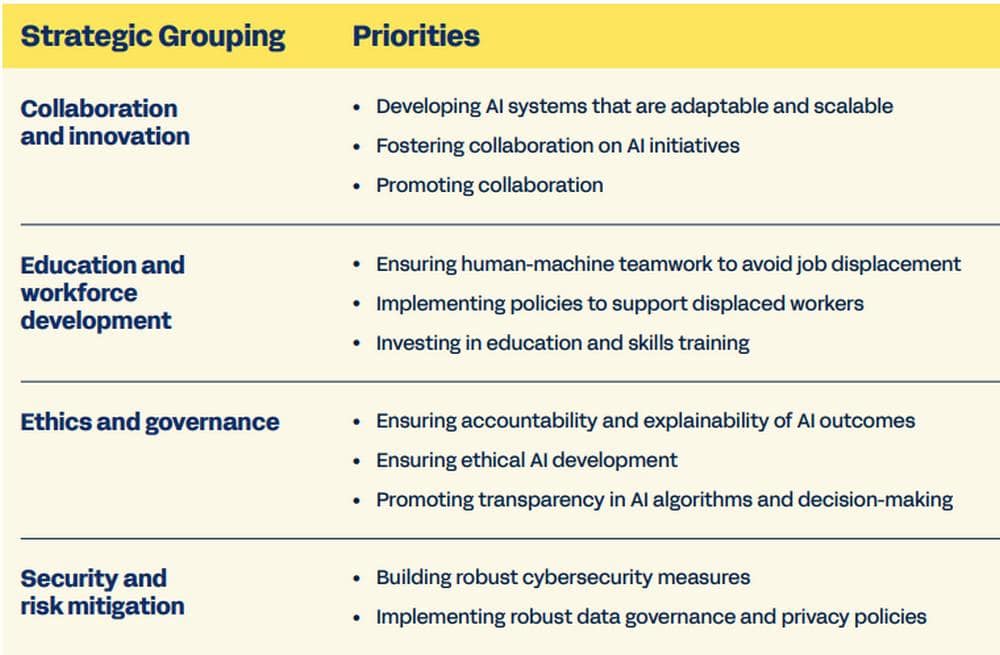The Workday report, The Global State of Skills, reveals that 60% of local business leaders are concerned about future talent shortages, with only 28% confident in their organisations' skill sets for long-term success. This is forcing organisatons to take a skills-based approach to its talent management strategy.
This shift comes as AI rapidly transforms industries, necessitating new skills that traditional job titles and degrees often fail to capture. Companies are increasingly recognising that a skills-centric approach—prioritising individual capabilities over conventional credentials—provides a more agile, data-driven framework for talent management.
Notably, 74% of Hong Kong leaders report having clear visibility into their employees' capabilities, significantly higher than the global average of 54%. This enhanced insight enables organisations to align talent strategies more effectively with business needs. Furthermore, 91% of local executives believe that adopting a skills-based approach bolsters economic growth by enhancing productivity, innovation, and organisational agility.

"AI is undoubtedly transforming the workplace, but it’s not replacing the need for uniquely human skills – it’s amplifying them,” stated Daniel Cham, general manager for Workday Greater China. “We’re witnessing a global shift as organisations embrace skills-based strategies, recognising that human ingenuity combined with AI’s capabilities is the key to navigating the future.”
While the demand for technical skills rises, the research highlights a critical need for human-centric skills such as communication, teamwork, resilience, and creativity. In Hong Kong, social skills are deemed more important than individual skills. This aligns with findings from Workday’s Elevating Human Potential: The AI Skills Revolution, which emphasises the importance of relationship-building and ethical decision-making in an AI-driven economy.
Priorities for ensuring success in an economy driven by AI

Despite the momentum towards skills-based strategies, leaders in Hong Kong face challenges, including the time needed to reskill employees (38%) and aligning skills strategies with business objectives (33%). Overcoming these hurdles requires a cultural shift, effective change management, and strong leadership support.

“AI is already breaking down communication barriers, helping us find the right words, the right tone, and bridge cultures. This is the promise of AI centered on people—to not only make us more efficient but more human.” Kathy Pham, VP of AI, Workday
As organisations increasingly adopt skills-first approaches, they position themselves to thrive amid rapid change. In Hong Kong, 53% of organisations anticipate improved employee performance and productivity as a result of this strategic shift. Embracing a skills-based mindset is no longer optional; it is essential for future-proofing workforces in an era dominated by technological advancement.



